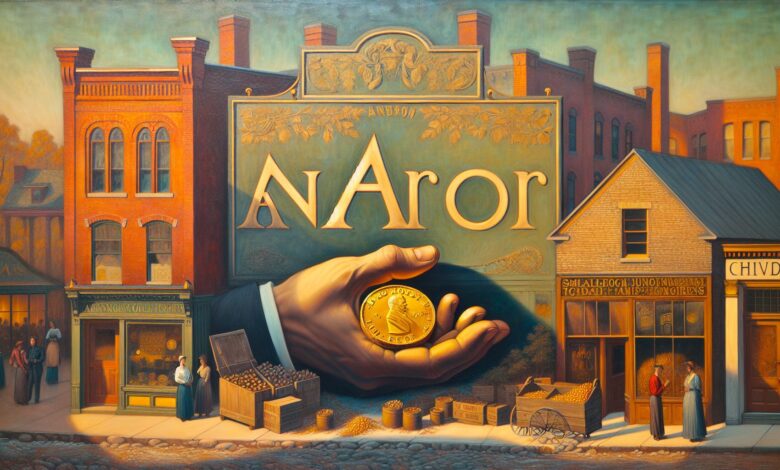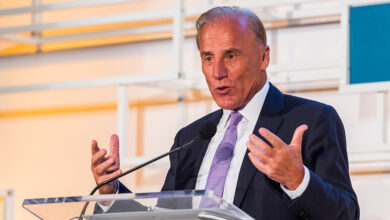Ann Arbor tests basic income for local entrepreneurs

Ann Arbor, Michigan, is carrying out a social welfare experiment intending to provide $12,672 annually to low-income entrepreneurs and gig economy workers. Named “Guaranteed Income to Grow Ann Arbor,” this initiative is part of a universal basic income program aimed at improving the living conditions of the city’s economically disadvantaged residents.
The distribution strategy is yet to be defined, however, city officials are persistent in making it accessible and efficient. Critics have expressed concerns over the financial sustainability of the program, but supporters argue it’s an essential step in reducing economic disparities and promoting self-sufficiency within the community.
Residents who qualify will be receiving a yearly sum of $12,672, distributed in $528 monthly payments for a total of 24 payments to cover basic necessities such as housing and family sustenance. The funds do not come with any restrictions on spending, giving the recipients freedom to use them based on their specific needs.
The program, which was launched in January and is expected to run until the end of 2025, is open to individuals earning 225% of the national poverty threshold or less annually. This equates to a maximum of $32,805 for individuals and $67,500 for a family of four.
Since 2019, more than 50 US towns and cities have explored similar programs.
Basic income support for Ann Arbor entrepreneurs
These programs often use funds from philanthropy rather than taxpayer dollars, ensuring no increased burden on the general public. Past evaluations of these programs have indicated positive impacts like reduced financial stress and improved mental health among participants.
The Ann Arbor initiative includes a broad spectrum of entrepreneurs from individuals with side jobs to small business owners, potential small business creators, and local artists and musicians who meet the income criteria. The initiative aims to provide them with resources, mentorship, and financial support to help them grow and thrive.
The city allocated $1.6 million to the project from pandemic recovery aid and contributions from the Ann Arbor Area Community Foundation. The University of Michigan has volunteered to cover the expenses for studying the program’s outcomes. By implementing such initiatives, significant aid can be directed into the hands of struggling local entrepreneurs, thereby bolstering the city’s dynamic entrepreneurial sector.



